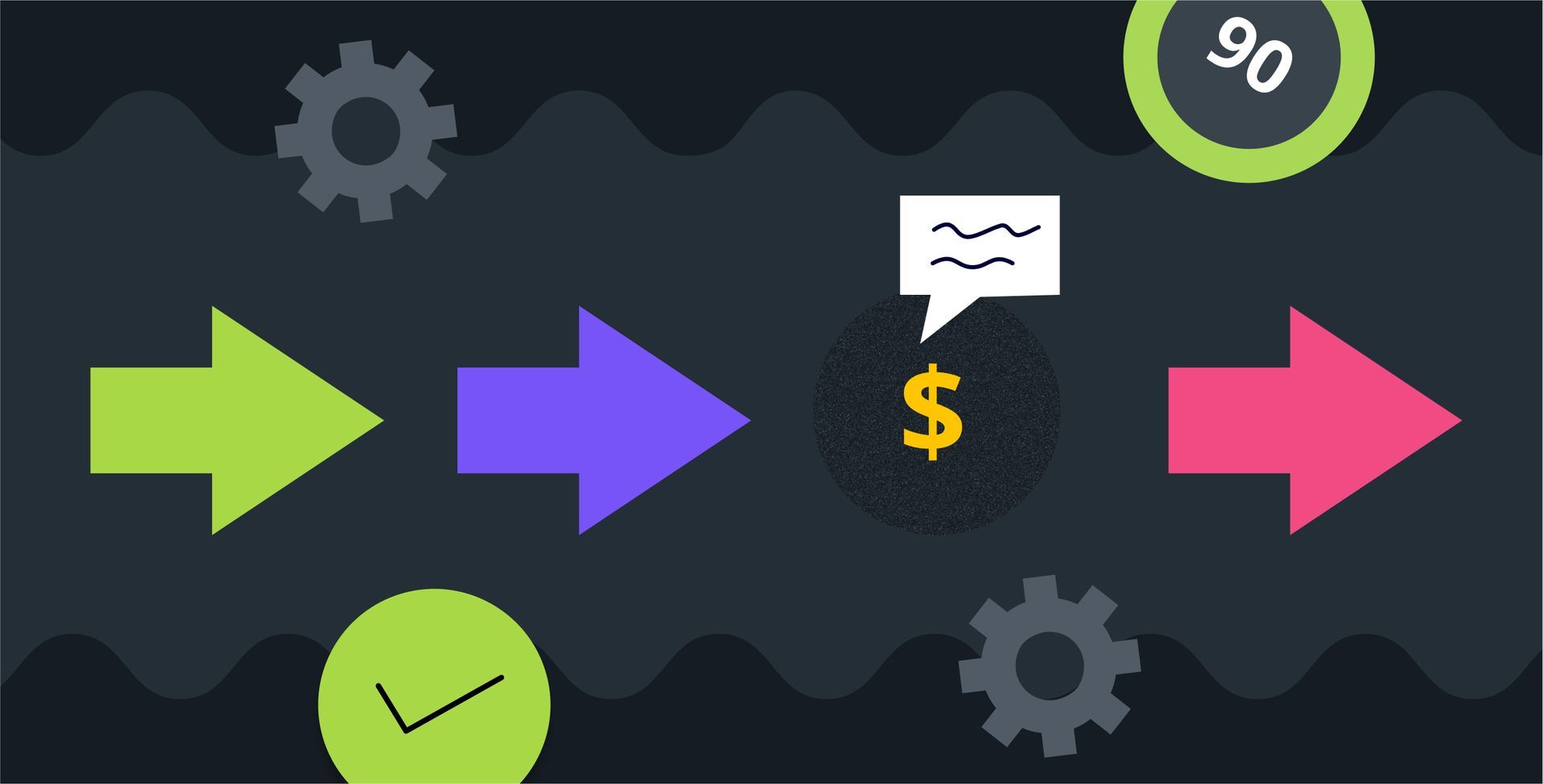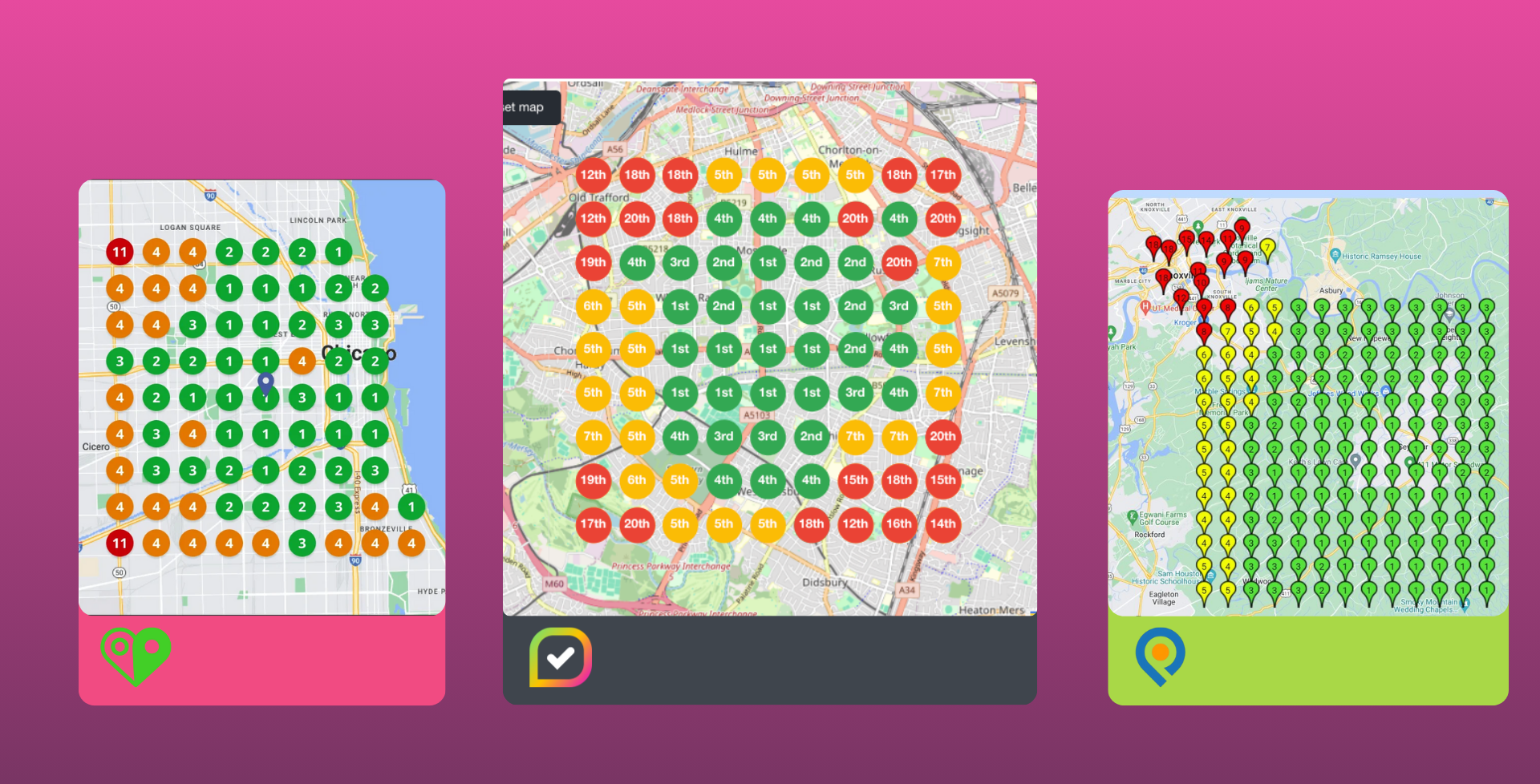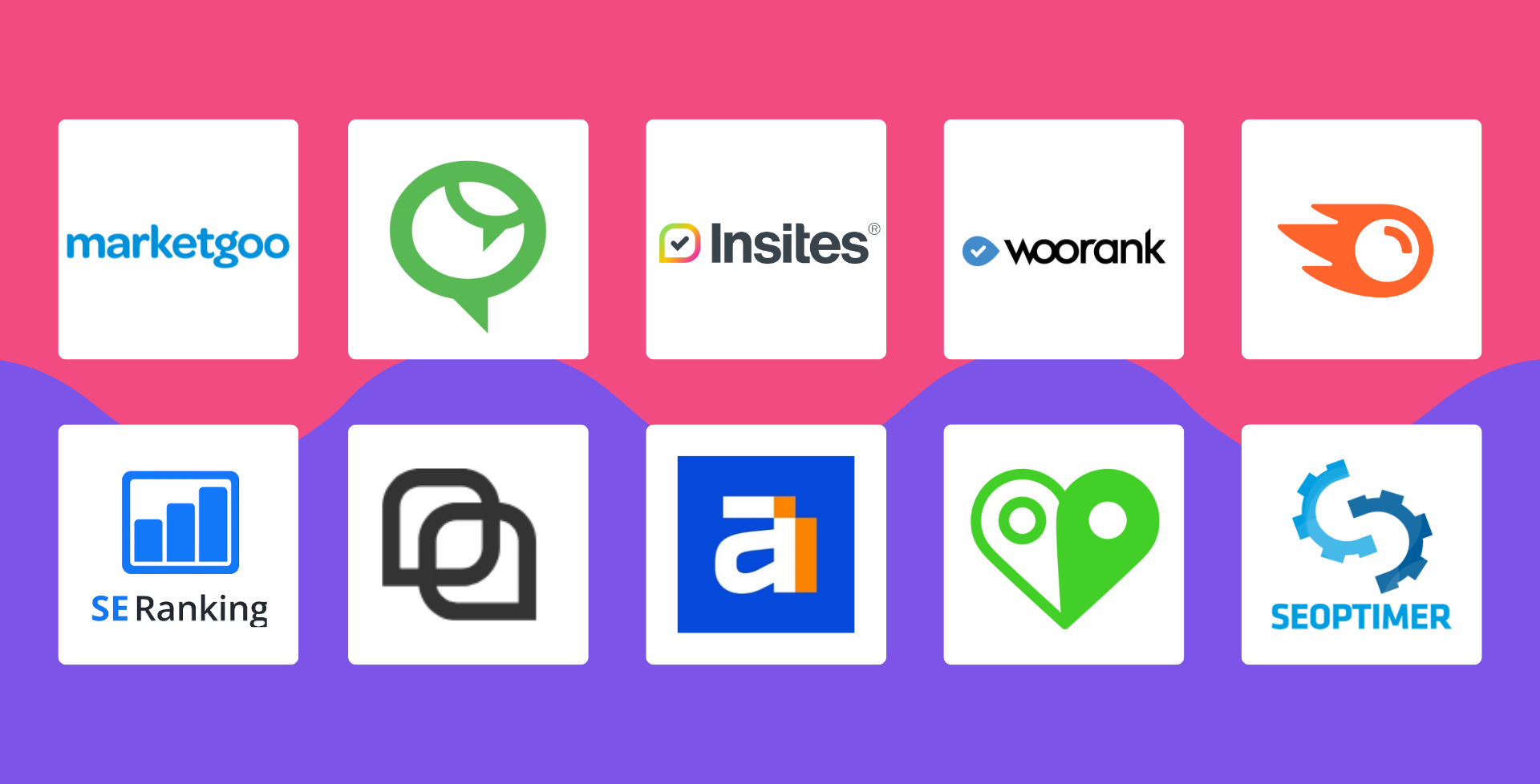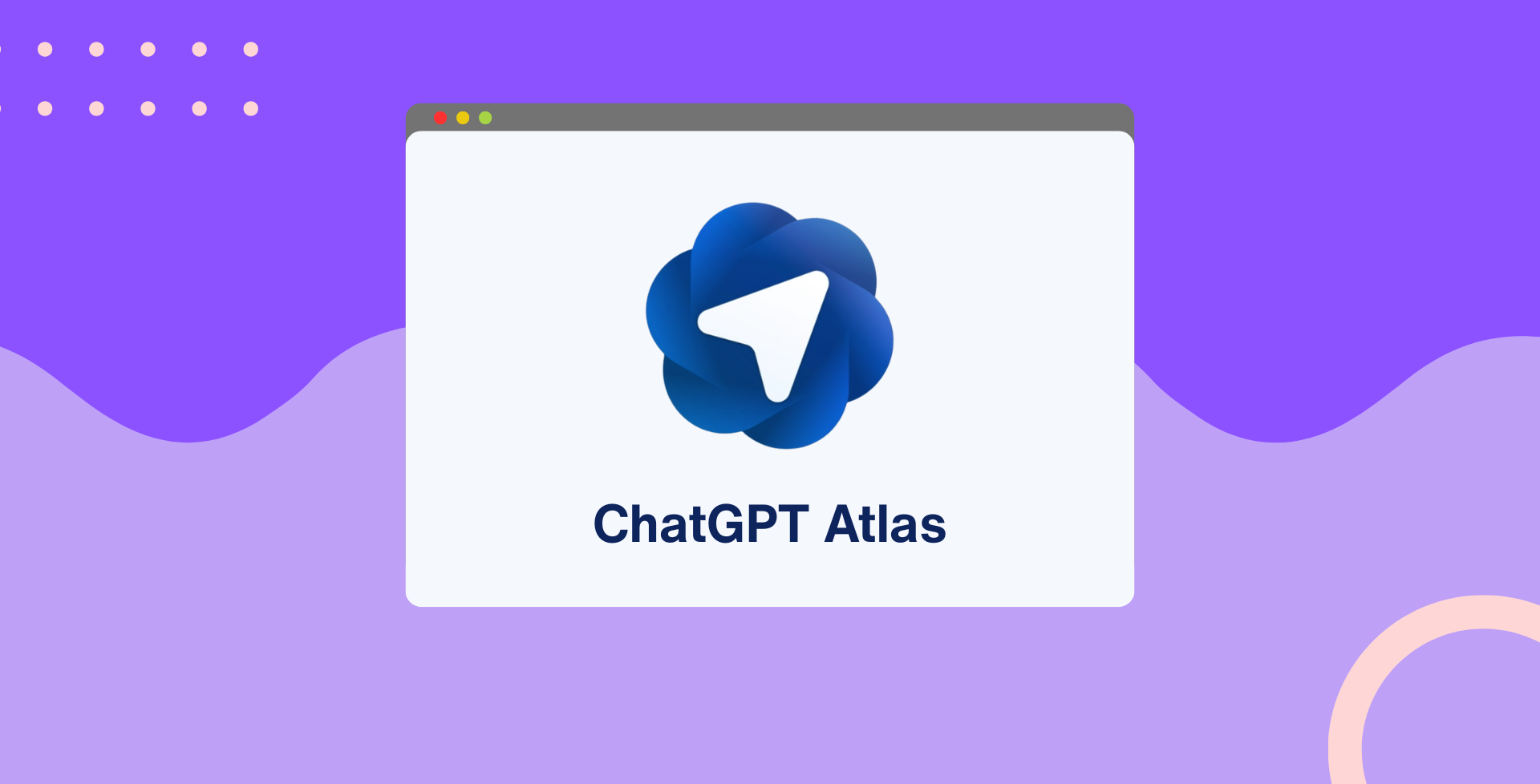How to create a consistent sales process for your agency
Izzy Fletcher • October 9, 2024
Introduction: The Importance of Consistency in Sales Processes
If you’re reading this, chances are your agency is doing well. You’ve built a strong brand, established a solid client base and delivered results. Now, it’s time to shift gears and scale up. With the sales process, you can achieve consistent growth and expand your agency effectively.
Your agency excels at what it does, but conveying that expertise to potential clients can be challenging. Explaining the value of services like SEO, local search, or website accessibility to a client who may not fully understand these concepts is no easy task. It becomes even more difficult if your sales team doesn’t have a solid grasp of digital marketing themselves. Without this foundational knowledge, clients may struggle to see your agency’s value and you could loose the pitch.
Think of it like this: Each prospect is at the top of a mountain, and your sales team needs to climb it. With a clear map and the right gear, success is more likely. But without direction or the right tools, they’ll feel lost and frustrated. The same applies to agency growth. If your sales team doesn’t have the right tools and a clear, consistent process to follow, how can you expect your agency to reach its peak potential?
In this blog, we’ll explore how agency owners and sales managers can create scalable processes for sustainable growth. Whether you want to streamline operations, grow your client base, or boost new sales, these insights will help you reach your goals.
Step 1: Define Clear Objectives for the Sales Process
Setting objectives that align with your long-term business goals helps your sales team feel more confident about their targets and provides a clear focus for scaling the business. I’m guessing some of your primary goals are:
- Revenue growth
- Increasing conversion rates
- Expanding the team
- Enhancing practices and workflows
- Creating seamless client experiences
To achieve these long-term goals, your agency must prioritise setting clear sales objectives. If each team member follows different processes or relies solely on personal experience, it can hinder your agency’s growth. Establishing well-defined, measurable key performance indicators (KPIs) is essential for several reasons:
- Focus and clarity: A clear roadmap shows the team what needs to be accomplished and how to achieve specific targets—just like the mountain analogy we used earlier
- Contributes to overall successes: Objectives should directly contribute to North Star goals, such as revenue growth or market expansion
- Motivates better performance: Clear processes give sales teams tangible goals they can strive towards
- Reduces risk: Cohesive processes help agents and managers identify potential risks early on and intervene before it becomes a bigger problem
- Aids performance monitoring: Measurable KPIs allow both sales managers and team members to regularly track progress, highlighting strengths and areas for improvement
Sales tools are crucial for setting and tracking these KPIs. They enhance productivity and enable your team to follow streamlined processes throughout the customer journey. For instance, tools like Insites can save your team hours from manual auditing, and data can be integrated into dashboards for better conversion tracking and follow-ups. When sales tools are integrated with project management systems, teams and managers can monitor performance in real time, making it easier to stay on track and adjust strategies when needed.
Step 2: Standardise the Sales Process
A documented, step-by-step sales process provides a clear framework for all team members, reducing confusion and minimising errors. Often, agencies who want to scale are being held back by sales reps using their own methods that aren’t aligned the agency’s KPIs. While the goal is to sell more, the path to achieving that needs to be clear.
Creating standard-operating-procedures will help guide sales reps through each stage of the client journey. It gives them a guide from lead generation to closing – and everything in between. Documentation also enables easier onboarding of new team members, improves collaboration, and allows for better performance tracking and optimisation of each step for continuous improvement.
Sell more with Insites
Insites is a multi-layered tool that standardises client auditing for sales teams. It’s customisable to fit your agency’s services and creates labelled reports that can support pitches. Beyond that, the tool’s audit history and quality assessment features help production teams track progress, and the trackable reports can be integrated into follow-up and upselling processes.
Step 3: Invest in Sales Training and Sales Tools
Leaders often struggle to know which training or tools are worth investing in. With so many sales programs available, it’s crucial to choose ones that will benefit your agency both now and in the long run.
To maximise ROI on your sales team, provide training that aligns with their KPIs and invest in tools that support their learning. Many sales agents lack a deep understanding of technical terms used by developers and SEO experts, which can lead to confusion for both the agent and the client. They need training and tools that bridge this gap effectively.
Training programs require a structured approach that focuses on building essential skills and product knowledge that are digestible. Here are some tips to achieve this:
- Identify the gap in skill: Whether it’s product knowledge, digital marketing acumen or conversion skills. This ensures the training tackles real problems areas in your sales process.
- Incorporate innovate and hands-on learning: Encourage conversations with other stakeholder about training methods and use practical exercises to engage team members
- Outsource e-learning: Using platforms like Skillshare or Google Garage to share useful and specific videos focuses on weaker skills
- Provide product knowledge: Sales teams don’t need to be a complete wiz at digital marketing, but they can generate reports like Insites to run online audits and that communicates digital marketing terms and practises in a way both the sales team and clients can understand
- Measure and Evaluate: Set clear goals for the training program to measure it’s effectiveness and to intervene with any unnecessary problems early on
- Don’t overcomplicate unnecessary training: Don’t overwhelm and confuse the team with training that makes the important information harder to retain. Training goals will help you achieve a productive and effective plan.
Step 4: Optimise and Integrate Your Tech Stack
Outdated processes holding your agency back? The right tech stack can improve these processes and boost efficiency.
Scaling a business isn’t just about delivering great services — it’s about managing each stage of the customer journey, from the first enquiry to upselling years later. Every interaction matters.
Mistakes happen. Maybe your sales team forgets a follow-up email or overpromises on something. While human errors are natural, the right technology can help prevent them, ensuring consistency and reducing manual mistakes.
To streamline your sales process, your tech stack should include optimised CRM systems, automation tools, and analytics platforms that align with your team and business goals:
- CRM systems CRM tools help sales teams track customer interactions and data, ensuring stronger relationship management and clearer communication.
- Automation tools Repetitive tasks are time-consuming and error-prone. Automation tools save time and resources while boosting efficiency. For example, Insites allows sales teams to generate online presence audits in just 60 seconds.
- Analytics platforms Analytics tools help your sales team optimise strategies with data-driven decisions; tools like Insites, Salesforce and Hubspot can help you refine your processes.
Building the right tech stack can feel overwhelming. For more guidance, check out our previous blog on choosing and implementing automation tools to boost productivity.
Step 5: Implement a Consistent Lead Scoring and Qualification System
Hot leads should be your top priority. Prospects that align with your agency’s services and are eager to improve their online presence are valuable. To win their business, your sales team must provide an exceptional experience from the start.
So, what qualifies a lead as ‘hot’ at your agency? They might have a high budget, specific needs, and a strong desire to move forward. However, before getting too excited, take the time to analyse their data and identify any issues.
A consistent lead scoring process allows your sales team to prioritise leads based on their likelihood to convert. Here are a few frameworks for assessing lead quality:
- BANT
- Budget: What are their limitations?
- Authority: Are they the decision maker? Evaluate who you’re speaking to and how much time and effort is required into delivering the final message to the final authority
- Need: Is this a good partnership?
- Timeline: Qualify a clients expectations and their deadline. Is it realistic?
Read this article to learn more about the BANT method and how to implement it
- Online audits
Online audits can enhance other qualifying methods with reports that quickly highlight specific areas for improvement with a prospect’s online presence. Sales teams can customise the checks and trackable scores to highlight exactly where the website, SEO and marketing problems are.
Step 6: Foster Cross-Team Communication and Collaboration
Sales teams aren’t the only ones responsible for delivering a great client experience; marketing and customer service teams are also essential. Marketing generates leads, sales teams convert those leads into clients, and customer service keeps clients loyal. Since clients interact with multiple departments, consistent standards are crucial at every stage of their journey. Effective collaboration among these departments is key to providing a seamless client experience.
So, how can this be achieved?
- CRM Systems: CRM platforms like Salesforce and HubSpot reduce human error and unify processes by allowing all departments to access and update client information in one central location.
- Consistent Communication: Create a customer journey map for each client persona to outline the entire experience and identify crucial collaboration points. Regular meetings to discuss pipelines, campaigns, and customer insights will help keep everyone aligned.
- Insights Collateral: A central library of resources, such as case studies, FAQs, product briefs, and presentations, ensures consistent messaging across all departments.
Step 7: Continuously Monitor and Improve the Sales Process
Remember that growth isn’t always linear, and challenges will arise. As a leader, you must closely monitor specific areas to ensure processes are being optimised, not compromised.
Using data from platforms like Insites helps leaders track how sales teams are following the implemented processes. Here are some other ways to utilise data when managing your sales process:
- Segment Your Audiences: Use customer data to tailor your sales approach and messaging. For example, a small local business on a budget should be approached differently than a large company seeking a full rebrand.
- Monitor KPIs: Establish KPIs like conversion rates and lead response times. Use dashboard reporting to visually assess team performance and make data-driven decisions.
- Gather Feedback: Adopt a hybrid approach to monitoring by combining data analysis with real conversations. Hold meetings with your sales team to gather honest feedback on what’s working and what isn’t. This builds trust between you and your team as an added benefit.
Conclusion: Consistency as a Key to Growth
Establishing a consistent sales process is essential for sustainable growth in your digital marketing agency. Here’s a quick recap of how to achieve this:
- Define clear sales objectives and KPIs
- Implement a standardised sales process
- Invest in sales training and education
- Optimise and integrate a productive tech stack
- Establish a consistent lead scoring process
- Encourage cross-team communication and collaboration
- Continuously monitor the sales process
We know your agency is aiming for the top! To get there, you need to ditch inefficient processes. It’s easier said than done, but we’ve seen agencies streamline their operations and multiply their revenue – and it’s worth the effort.
If you’re serious about scaling your agency, book a free call with us, and our team will help you map out the steps to reach your goals!
Happy auditing


























